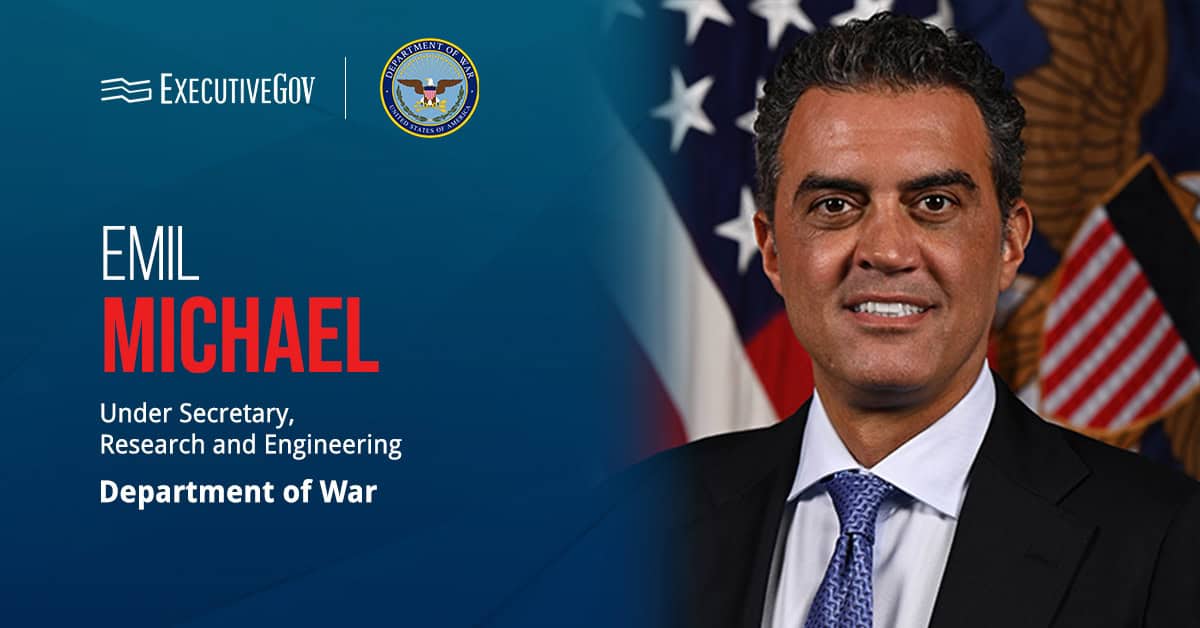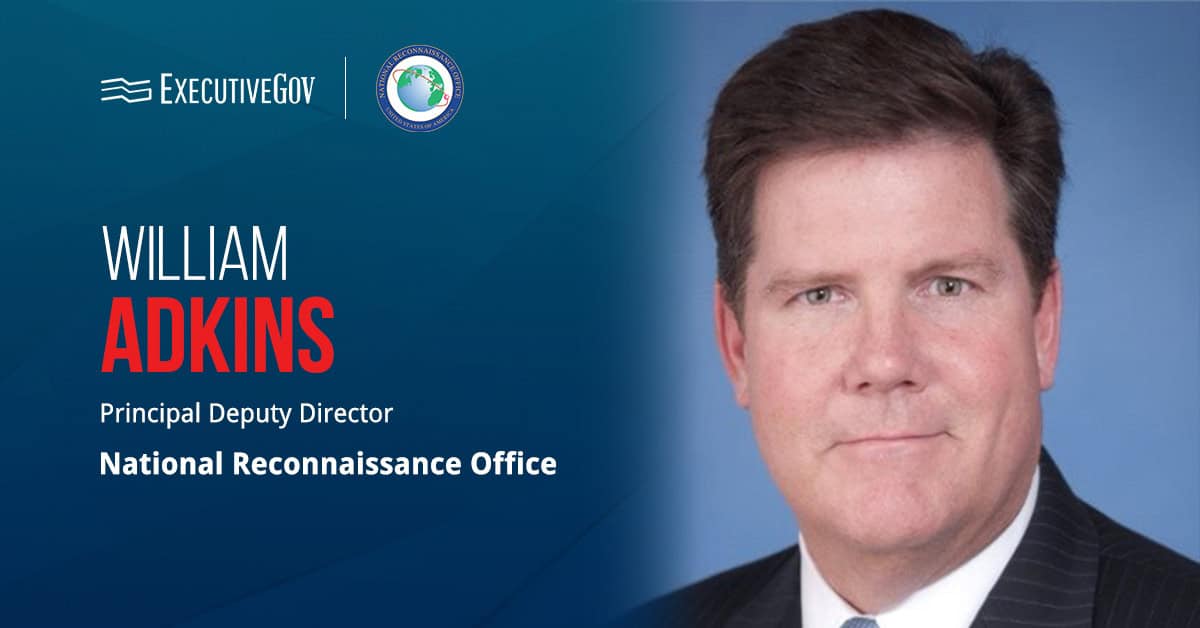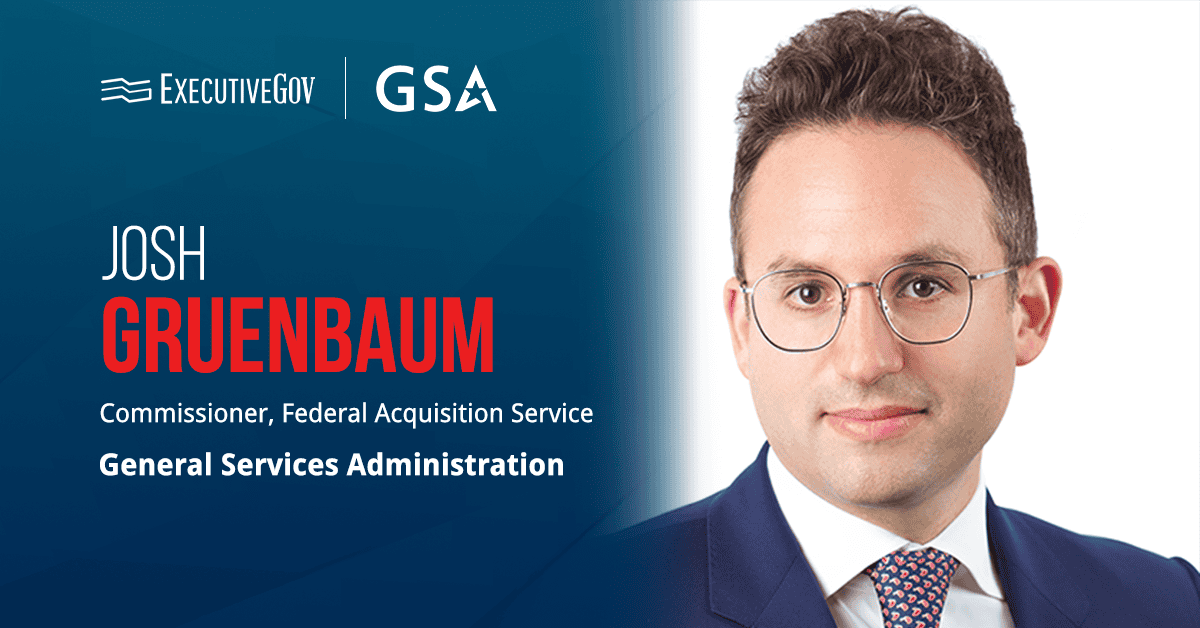Robert Turk, a retired U.S. Army colonel, has taken on the role of chief information security officer and authorizing official at the Defense Threat Reduction Agency.
He announced his appointment in a LinkedIn post published Wednesday.
Prior to this position, Turk was deputy director and deputy chief information officer at DTRA’s Information Technology Directorate. In 2015, he joined the agency as head of the IT cybersecurity department.
Before moving to DTRA, he served as senior cybersecurity engineer at CACI International.
Turk’s 25 years of active duty in the Army included time serving as military assistant to the deputy assistant secretary of defense for research, Army inspector general, division chief for IT service support within U.S. Special Operations Command and division automation management officer for the 2nd Infantry Division.





